Debris Hunting
Computer-generated image of space debris in low Earth orbit. Image courtesy of NASA Orbital Debris Programme Office.
University of Southampton PhD graduate Mekhi Dhesi is supporting the mission to tackle the space debris challenge in her new role at Astroscale.
Space debris – or space junk – refers to the millions of fragments of satellites, machinery and mission-related debris that are orbiting the Earth. It’s a form of pollution that is growing fast – and will threaten future spaceflight around Earth if it is not cleaned up.
As of January 2021, the US Space Surveillance Network reported 21,901 artificial objects in orbit around the Earth, including almost 4,500 functioning satellites. But these are just the objects large enough to be tracked. More than 128 million pieces of debris smaller than 1cm, more than 900,000 pieces measuring 1cm to 10cm, and 34,000 pieces larger than 10cm are estimated to be ‘out there’ too.
Mekhi Dhesi, who completed her PhD at the University of Southampton on the cosmological history of black holes in September 2022, is now a Space Situational Awareness Engineer at Astroscale, a company that was set up in Japan in 2013 with the mission of reducing orbital debris and supporting the long-term, sustainable use of space.
Mekhi Dheshi
Mekhi, who is based at Astroscale’s UK offices at the Harwell Science and Innovation Campus near Oxford, said: “Astroscale is the first private company with a vision for the safe and sustainable development of space. They are developing innovating and pioneering technologies to remove and reduce orbital debris.
“It’s really important because the orbital debris problem is spiralling out of control. Debris can crash into other debris, and poses a serious hazard to operational satellites. There are implications for GPS, and many other space-based technologies that we now heavily rely on, here on Earth.”
An artist’s impression of two black holes that are spiralling towards each other and will eventually coalesce. Image courtesy of ESA.
Mekhi, who is based at Astroscale’s UK offices at the Harwell Science and Innovation Campus near Oxford, said: “Astroscale is the first private company with a vision for the safe and sustainable development of space. They are developing innovating and pioneering technologies to remove and reduce orbital debris.
“It’s really important because the orbital debris problem is spiralling out of control. Debris can crash into other debris, and poses a serious hazard to operational satellites. There are implications for GPS, and many other space-based technologies that we now heavily rely on, here on Earth.”



